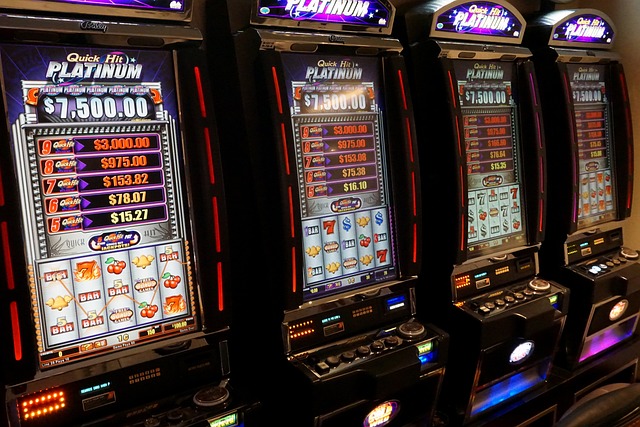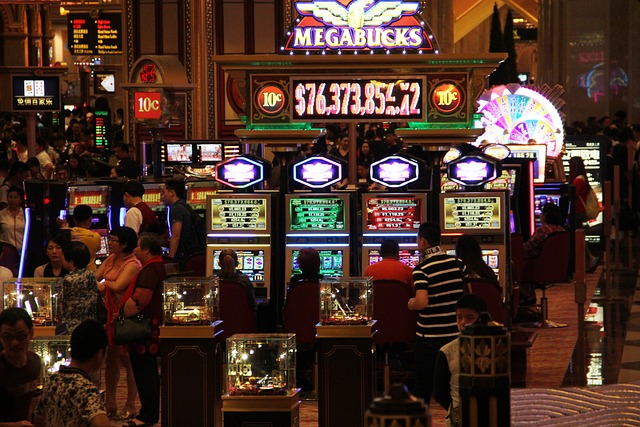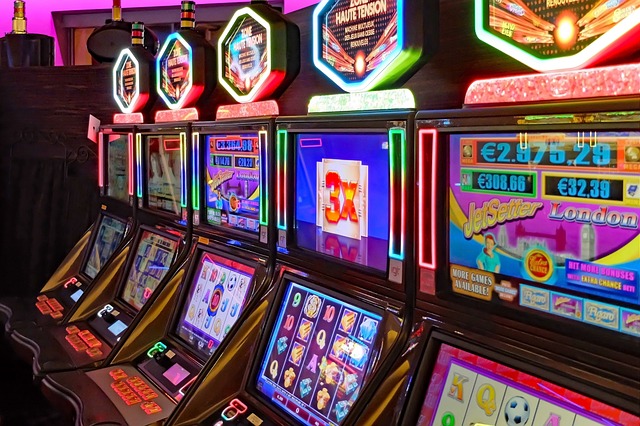Slot machines are among the most widely played casino games in the world, yet they are also surrounded by myths and misunderstandings. Many players develop beliefs based on anecdotal experiences or misinformation, which can lead to poor decision-making and unrealistic expectations. While slot machines are designed for entertainment, understanding how they actually work can help players make smarter choices and enjoy the experience more responsibly. Let’s explore and debunk some of the most common myths about slot machines to separate fact from fiction.
Myth 1: Slot Machines Are Due for a Win
One of the most popular misconceptions is the idea that a machine is “due” for a payout after a long dry spell. Players may see a machine that hasn’t paid out for hours and believe it’s about to hit. However, slot machines operate using Random Number Generators (RNGs), which ensure that every spin is entirely independent of the last. The outcome of a spin is not influenced by how long it has been since the last win or loss. A machine that just paid out a jackpot is just as likely to hit again—or not—as any other. There is no such thing as a “hot” or “cold” machine when RNGs are functioning correctly, especially in regulated environments. Believing otherwise can lead to overplaying or chasing losses based on faulty logic.
Myth 2: Casinos Loosen Machines at Certain Times

Another widespread belief is that casinos make machines “looser” during specific times of the day or week—such as weekends, holidays, or at night—when more people are playing. This theory suggests that casinos want to create more winners to attract a crowd. In reality, slot payout rates are programmed and regulated according to gaming laws, especially in licensed jurisdictions. Adjusting payout percentages requires technical changes and approval from regulatory authorities—it cannot be done instantly or remotely by casino staff. Most slot machines are set with a fixed Return to Player (RTP) that does not change on the fly. What may feel like timed generosity is more likely a coincidence or normal variance. Casinos rely on consistent odds, not unpredictable changes, to generate long-term profits.
Myth 3: Betting Max Increases Your Chances to Win
Many players believe that betting the maximum amount increases their odds of winning, but this is only partially true. In some older machines and progressive jackpot slots, betting the maximum may be required to qualify for bonus features or the top prize. However, in most modern slots, the outcome of each spin is based solely on RNG and is not influenced by how much you bet. Higher bets may lead to larger payouts when you do win, but they don’t increase the likelihood of winning itself. Betting within your budget and playing responsibly is far more important than chasing perceived advantages through max bets. Always read the game’s rules and payout structure to understand how your bet size affects the gameplay.
Myth 4: Slot Machines Are Rigged

The idea that casinos rig slot machines to make players lose is another persistent myth. While it’s true that the odds are in the casino’s favor over time, reputable casinos—especially those licensed by authorities like the UK Gambling Commission or Malta Gaming Authority—use independently tested software to ensure fairness. RNGs are audited regularly to confirm that outcomes are truly random and in line with the advertised RTP. Unlicensed or offshore casinos may not adhere to these standards, which is why it’s crucial to play only at regulated sites. Slot machines are designed to generate profit through mathematical probabilities, not through hidden manipulation. Understanding this can help players avoid paranoia and focus on enjoying the game.
Myth 5: You Can Predict Wins by Watching Patterns
Some players believe they can “read” a machine by analyzing patterns in its behavior, such as the way symbols land or how often bonus rounds appear. This belief often leads to superstitious behavior, like timing button presses or playing only after a near miss. However, patterns in slot outcomes are entirely illusory. The RNG system generates outcomes in milliseconds, long before the reels even appear to stop. What may seem like a pattern is simply a product of random distribution. No amount of observation or strategy can influence or predict a slot machine’s behavior. Accepting that the game is based on chance helps players avoid frustration and unrealistic expectations.
